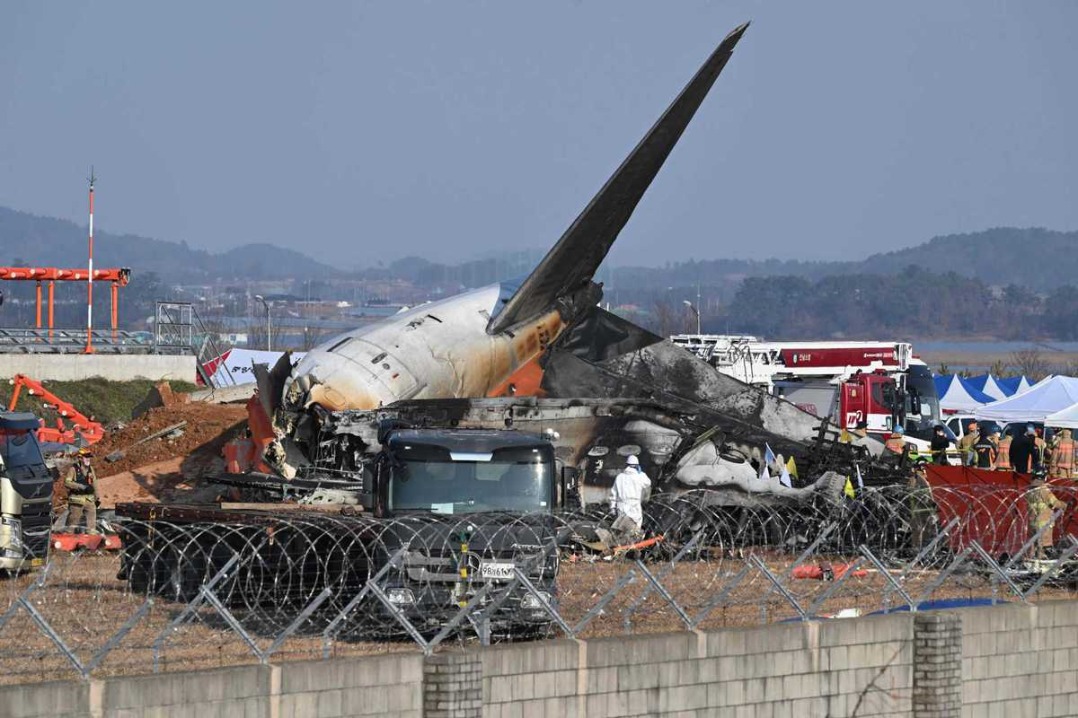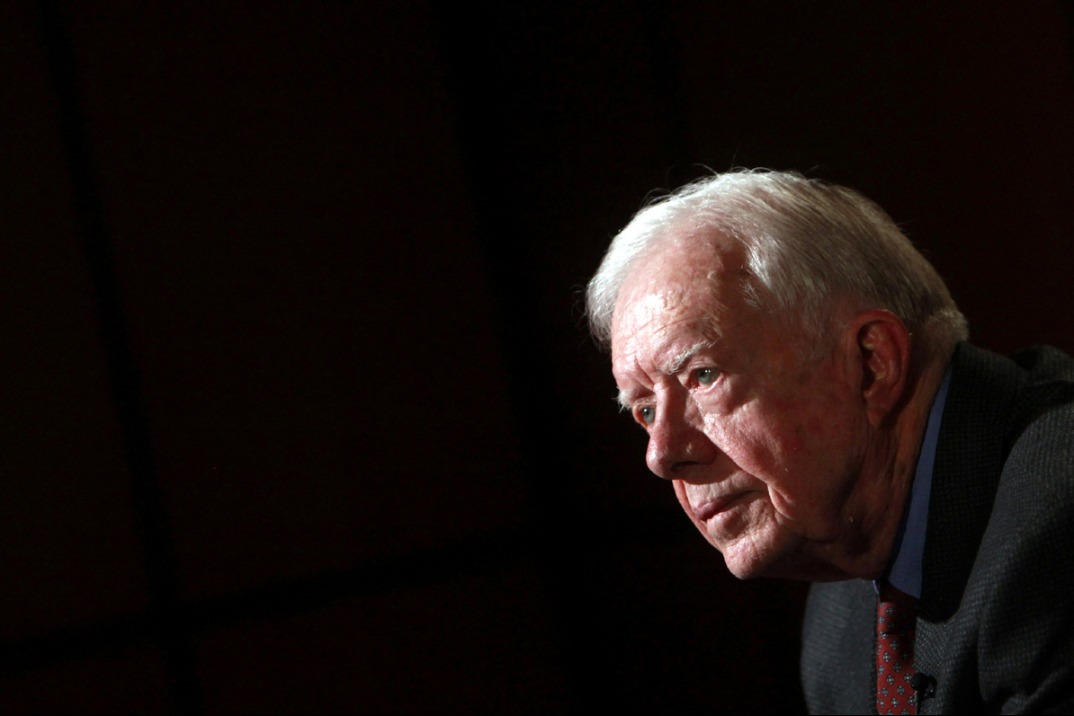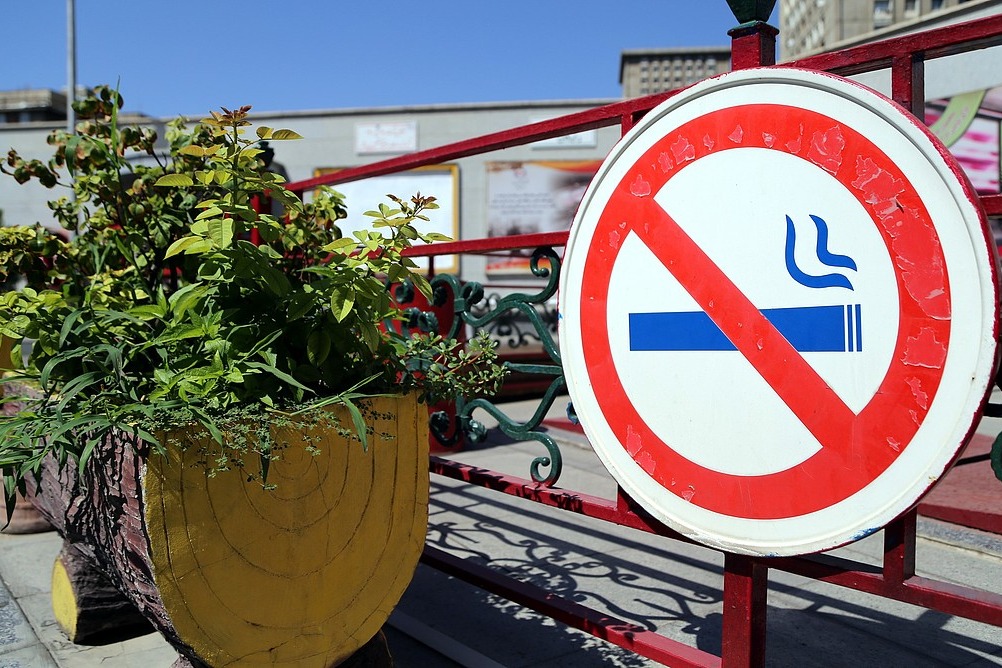Terrorist threats redefined 20 years after 9/11


Experts warn that main danger to US could come from within
Most people need no reminder that Saturday marks the 20th anniversary of the worst terror attacks on United States soil, in which nearly 3,000 people died.
This is not just because the post-9/11 era began in Afghanistan and ended there with US troops rushing to withdraw just days ago. Neither is it due to the Afghan war, along with the conflict in Iraq-launched by Washington in the wake of 9/11-which have cost US lives and trillions of dollars.
The specter of the attacks in 2001 lingers, serving as a constant reminder. In Washington, for example, the unofficial slogan of the post-9/11 US-"If you see something, say something"-can still be seen on billboards and public transportation. At airports, tightened security measures have made travel more stressful than ever for passengers and reduced their privacy.
Despite such measures, is the US safer than it was two decades ago?
Experts agree that the country could be less vulnerable to external terrorism than before 2001, but some of them say the top terrorist threat the US now faces is domestic, rather than foreign.
Evidence for this can be found in Washington, where many observers argue that the violent attack on Capitol Hill on Jan 6 highlighted a shift from an external threat to one arising at home.
During the attack, which is being investigated, hundreds of supporters of former president Donald Trump breached the Capitol, forced the evacuation of Congress, and disrupted the ratification of Joe Biden's election victory in November. At least 140 police officers were injured in the rioting, which resulted in five deaths.

































